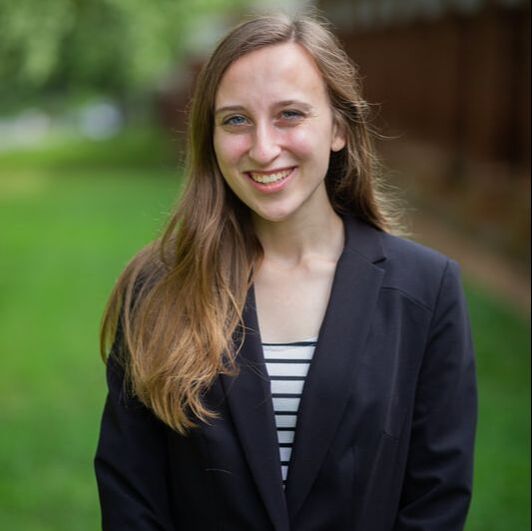|
This is no ordinary election year. The COVID-19 pandemic has altered nearly every aspect of our presidential election cycle. Campaign rallies are few and far between. Podiums on the debate stage have to be farther apart. Candidates have to find new and creative ways to reach voters. In the midst of the COVID-19 pandemic, many Americans are worried about going to the polls on Election Day. As a result, many states have expanded their vote-by-mail laws. Nine states plus Washington, DC mailed ballots to all registered voters. Nine other states did not automatically send ballots to all registered voters, but sent every voter an application to request an absentee ballot. In 34 states, voters can either vote absentee without providing a reason or list “fear of COVID-19” as their reason for requesting a ballot. Only seven states - Texas, Louisiana, Mississippi, Tennessee, South Carolina, Indiana, and New York - still require an excuse other than COVID-19 in order to vote absentee this year. Many Americans are taking advantage of these relaxed mail-in voting laws. As of October 29, over 51 million Americans have already voted by mail while nearly 91 million voters have requested absentee ballots. In fact, voters have already cast more than half as many votes as there were total in 2016. Despite the fact that many voters seem to benefit from the new vote-by-mail laws, our current President is actively advocating for voter suppression. Earlier in the year, President Trump tried to withhold funding from the USPS to make it harder for people to vote by mail. At the first debate he told his supporters to go to the polls and “watch very carefully” to make sure there were no issues, leaving many worried about voter intimidation. He has also stated many times that voting by mail leads to increased voter fraud, despite research that shows this is false. It is not just Trump who has been engaging in voter suppression. There has also been increased voter suppression at the state level this year. In North Carolina, absentee ballots from Black voters are almost three times more likely to be rejected than those from white voters. In Florida, a new law requires that former convicted felons pay all fines related to their conviction before they are allowed to vote. This is essentially a poll tax, and considering that Florida has no database where people can check their fine status, some eligible voters may not even know they are eligible. In early October, the Supreme Court reinstated South Carolina’s witness requirement for absentee ballots, which could disenfranchise voters who cannot safely have a witness. And just this week, the Supreme Court struck down a Wisconsin law that would have allowed absentee ballots arriving after but postmarked by Election Day to be counted. In Texas, voter suppression efforts are particularly bad: Texas Governor Abbott is limiting the number of dropoff sites for absentee ballots, allowing each county to have only one; there is no online voter registration system; student IDs are not considered valid voter IDs; and people under 65 cannot cite COVID-19 as their reason for requesting an absentee ballot. Limiting the number of dropoff sites is perhaps the most egregious, since some of Texas’s counties are very large. Opponents to this change cite longer distances traveled by voters and longer wait times just to drop off their ballot, which could harm communities that are more vulnerable to COVID-19. The inconsistencies across state laws regarding mail-in voting, which can lead to voter suppression or disenfranchisement, are problematic, and we need national legislation to fix this for future election cycles. Establishing no-excuse absentee voting nationwide and laying out clear provisions for the implementation and administration of absentee voting would help to prevent some of the issues that we have seen this year. We need to ensure that, even if we face another crisis like COVID-19, all voters will be able to safely cast their ballots.
The views expressed above are solely the author's and are not endorsed by the Virginia Policy Review, The Frank Batten School of Leadership and Public Policy, or the University of Virginia. Although this organization has members who are University of Virginia students and may have University employees associated or engaged in its activities and affairs, the organization is not a part of or an agency of the University. It is a separate and independent organization which is responsible for and manages its own activities and affairs. The University does not direct, supervise or control the organization and is not responsible for the organization’s contracts, acts, or omissions.
0 Comments
Your comment will be posted after it is approved.
Leave a Reply. |
Categories
All
Archives
April 2022
|
ADDRESSVirginia Policy Review
235 McCormick Rd. Charlottesville, VA 22904 |
|
SOCIAL MEDIA |
